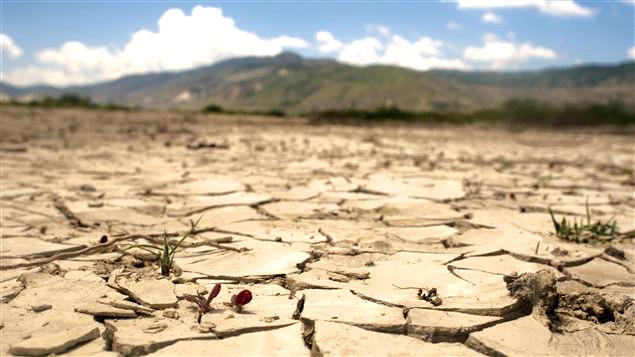According to the reports of several international experts, climate change should translate in the years to come by a reduction of more than 50% of water precipitation and an increase in average temperatures.
According to the Haitian engineer Claude Prépetit, Coordinator of the Technical Unit of Seismology, of the Bureau of Mines and Energy, the temperatures in summer in Haiti by the end of the century, could reach on average 34-35 degrees.
The considerable decrease in rainfall combined with the increase in temperature will cause a significant reduction in agricultural production. In addition, due to more difficult access to drinking water, there will be an increase in climate-sensitive diseases (dengues, malaria, typhoid fever) and a significant reduction in biodiversity.
Claude Prépetit indicates that for the West department and Port-au-Prince in particular, the threat in relation to the risks of flood, drought, erosion, landslide, tsunami and earthquake, is at a high level or a medium to high level, recalling that according to the world risk index, Haiti is among the top 15 countries prone to natural disasters.
Faced with these threats, the engineer Prépetit advises the authorities concerned to "think globally and act locally". It recommends in particular to the Government to seek solutions in the causes, in particular in the limitation of the demographic growth.
According to him, it is also necessary to create energy forests, to promote renewable energies, to manage and recycle rubbish, to control the exploitation of quarries and to rationally manage watersheds, particularly in water management, before 'it is too late.
7,326 total views






No comments